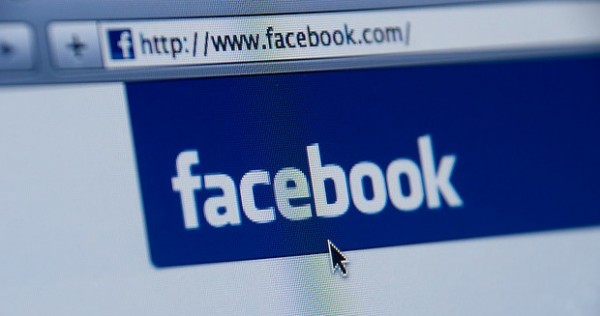Arizona Online Impersonation Bill Threatens First Amendment Rights

Defined by hashtags and limited by 140 characters, social media is redefining traditional modes of communication. Lawmakers across the country have responded to the growth in social media use by authoring bills geared towards clarifying the legal do's and don'ts of social media. Already addressed in twelve states across the country, including California, Washington, and New York, is the issue of online impersonations.
Following suit, Arizona State Rep. Michelle Ugenti recently introduced House Bill 2004, which aims to criminalize impersonations that occur online "without the individual's consent and with the intent to harm, defraud, intimidate and threaten."
While defamation, privacy, and fraud laws are already on the books, the application of such to social media varies from state to state, resulting in an unclear understanding of our legal rights online. "The Internet has gone from a novelty to having a position of credibility, and it's appropriate to have statutes that address it specifically," Ugenti told The Arizona Republic.
At risk, the Electronic Frontier Foundation Senior Staff Attorney Kurt Opsah warns, are Twitter parody accounts.
"The problem with this, and other online impersonation bills, is the potential that they could be used to go after parody or social commentary activities," he says. "While this bill is written to limit 'intent to harm,' if that is construed broadly, there could be First Amendment problems."
A closer look at the Arizona online impersonation bill, however, eliminates the possibility of a broadly construed interpretation that includes parody accounts.
The text of the bill outlines that charges apply when a person "does not obtain the other person's content." In the case of most parodies, consent is absent, threatening the legality of the social media phenomena that users have come to love so dearly during the 2012 presidential.
Part two of the application text, however, clarifies that charges apply when the person "intends to cause a recipient of the communication to reasonably believe that the other person authorized or transmitted the communication." Both conditions must apply for a crime to be committed.
It's true that parody accounts are usually created without consent, but the deliberate exaggeration inherent in a parody account makes it exempt from criminalization under the Arizona statute, safeguarding our beloved parody accounts.
The language of the bill makes clear that the legislation is designed towards preventing online fraud, not shutting down Twitter accounts like @ThePresObama or @KimJongNumberUn.
For less obvious cases, however, First Amendment rights groups have expressed concern with the ambiguity of the bill. President and CEO of the Consumer Electronics Association, Gary Shapiro points to North Korea and Cuba to make his case against the legislation.
"The United States should not follow those who have sought to restrict access to the Internet by requiring truth and identity. Government regulation of citizens’ access to technology and information is the kind of thing that goes on in North Korea and Cuba, not the United States."
While citing censorship in countries like North Korea is an unfair comparison, concerns over the erosion of First Amendment rights are justified. Any introduction of government regulation of speech requires careful consideration over the language in the bill. HR 2004 sets "a dangerous precedent for government oversight of what should be a free and open tool," Shapiro adds.
The need for legal clarification is glaringly apparent in online communications. Lawmakers should work towards creating legislation that addresses both defamation and our right to privacy on social media sites. Urgenti's approach, however, misses the mark and would risk the erosion of First Amendment rights.
Is government regulation of speech online necessary to combat online fraud or does it threaten our First Amendment rights to freedom of speech? Share your thoughts below.




